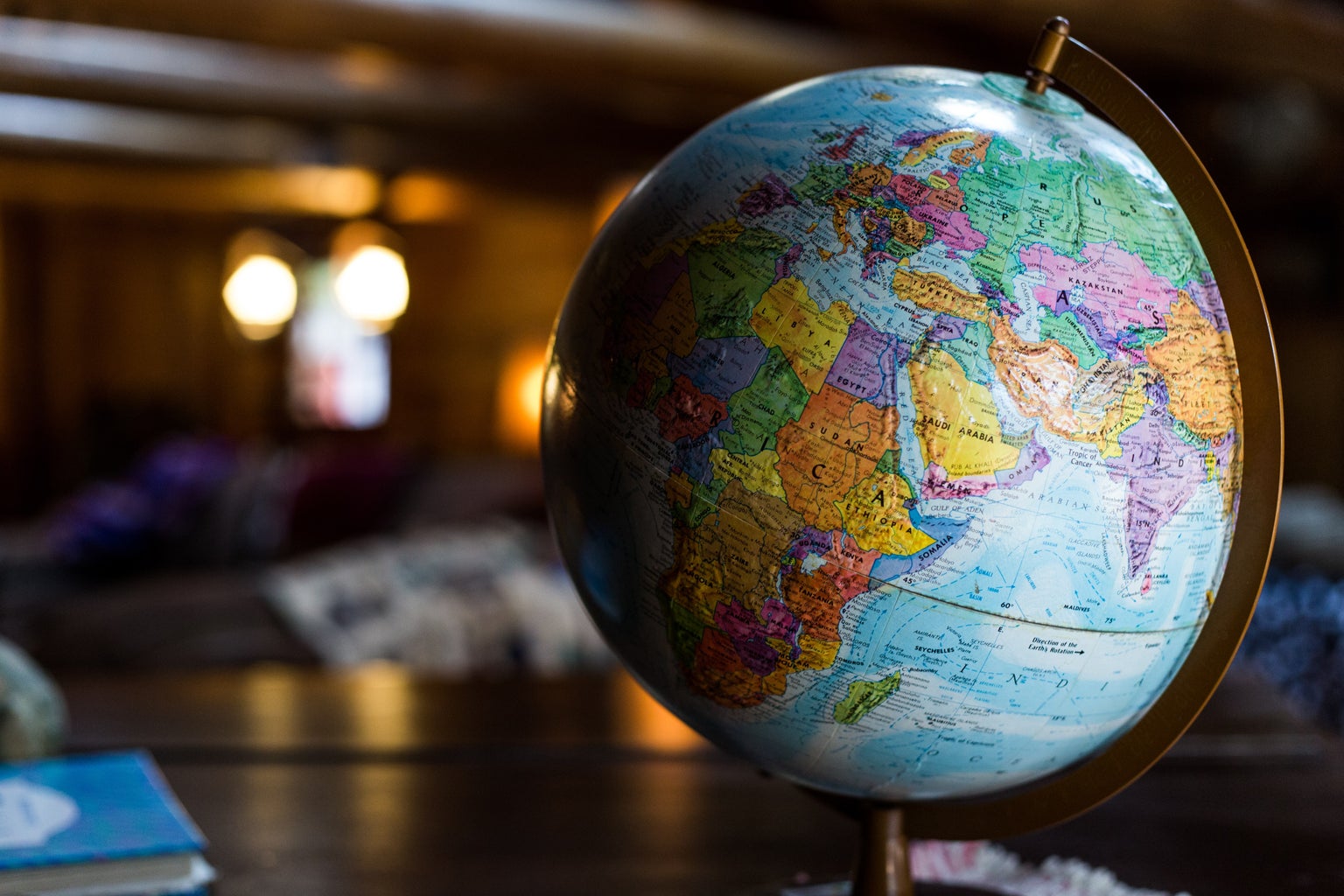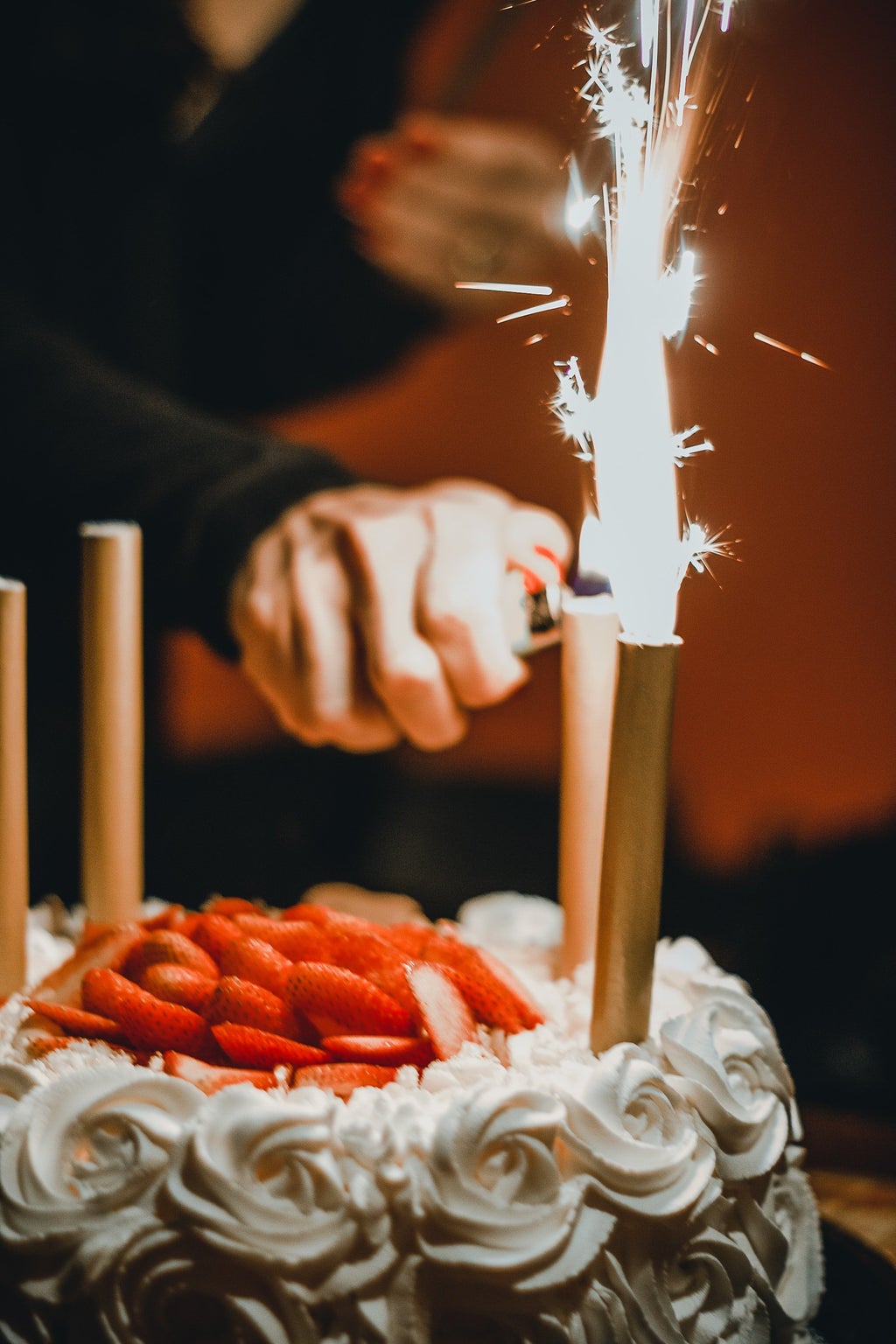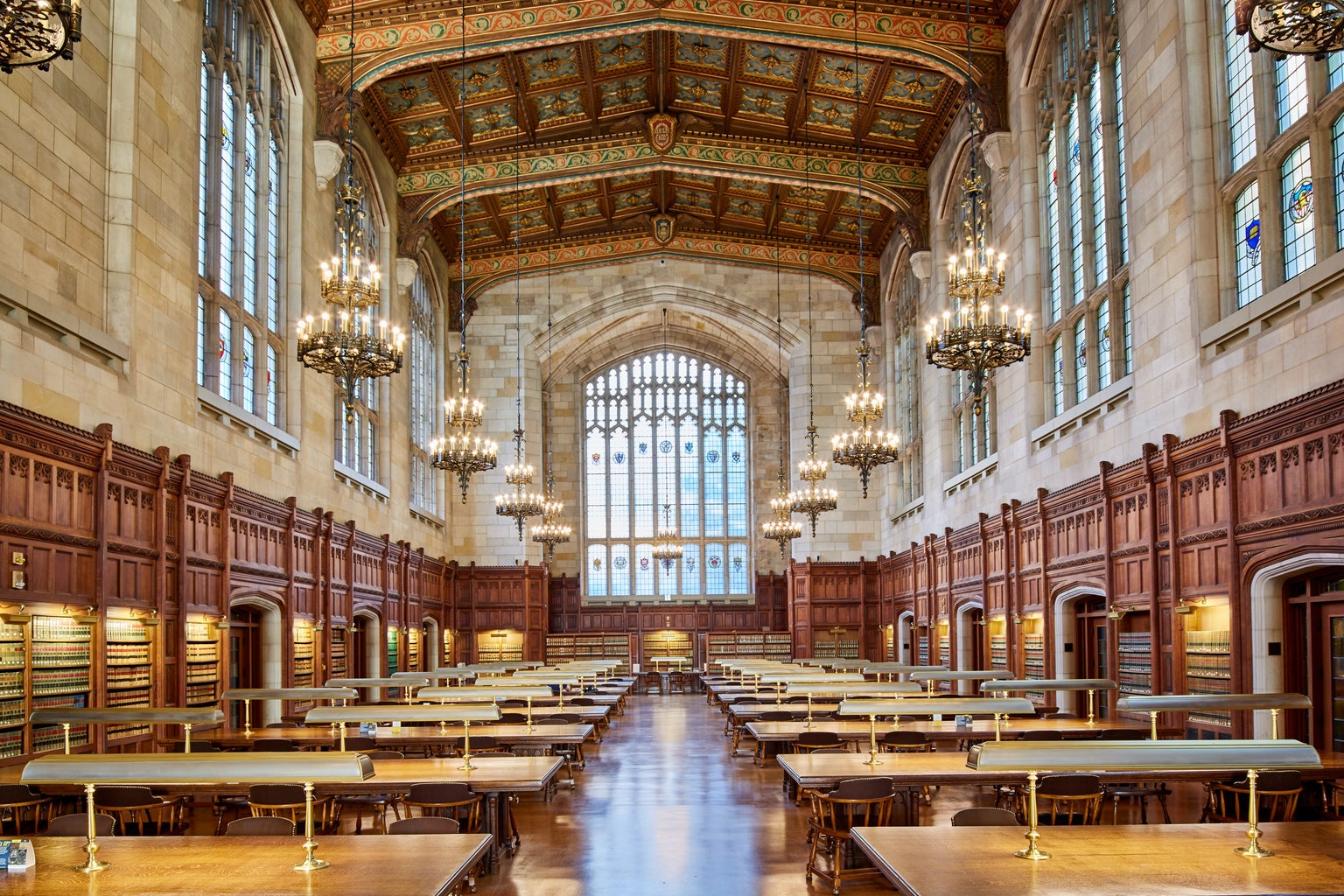I am a proud member of the AAPI community, but when it comes to my identity, I struggle with it a lot.
I grew up with my parents, and my mom is White and my dad is White and Filipino. When I was very young, I got to embrace my culture a lot through my Lola. She cooked lumpia and sinigang and taught me the very little amounts of Tagalog I still know to this day, and kept me in touch with my culture.
When she passed away, so did my tie to my culture. My father rejected his family and never fully embraced his heritage and my mother tried and failed to keep us still connected, but without the key influence of my Lola, it was hard to.
As I got older, I was still surrounded by Filipino influences. Many of my close friends were Filipino, so I would join them on family vacations, parties and their Debuts (similar to a Quincenera, but occurs when a woman turns 18).
But what was so nice about this was that my friends were very proud of their culture, which allowed me to still participate in it, despite the lack of influence I had at home. At any group function, we would sing karaoke songs in Tagalog and for our Friendsgiving, we held a traditional Kamayan dinner (a dinner where food is placed on banana leaves and you eat with your hands instead of utensils). Even my friends’ younger siblings would call me “Ate,” which means “big sister.”
Having such a tight-knit circle of people who were Filipino around me always made me feel included and as if I could still partake in my own culture. They provided me with a safe space to learn and embrace my heritage.
While I am grateful for these influences, I still struggle with my identity. I am ¼ Filipino, meaning I am not dominantly Filipino, and I still lack a lot of knowledge and tradition because of my upbringing. I often feel like I don’t deserve the honor of claiming the culture when I only barely resemble it.
Going into college, I was nervous about being away from my close circle of friends, in part because I felt as if I was losing that connection. My friends were my own family and moving to a new city and going off on my own was a whole new landscape.
So as I started my freshman year, I was excited when I got reached out to by SPEAR, Samahang Pilipino Education and Retention) asking me if I would want to schedule an appointment with my SPEAR counselor.
I learned through my counselor that there was a SPEAR mentorship program, and we would get a mentor, and a family we could talk with, do events with and grow with. The point of the program was to boost personal growth and act as a support system for each other.
By joining SPEAR, I felt completely accepted for who I was. It was an open and loving community where I didn’t feel out of place, and my fears of my own personal identity washed aside. I got to get closer with the other members and it helped me still feel tied to my culture and reminded me of home when I was in this overwhelming new space that is college.
And as I continue to get older, learn and grow more, I want to continue embracing my heritage and learning more about my own culture. I want to speak up for important causes and stop hiding because I feel like it is not my place to speak, because it is. It is not about how much you genetically identify with a certain culture, but it is about your desire to learn about it and take pride in it.
I am a Filipina woman, and I am proud.





